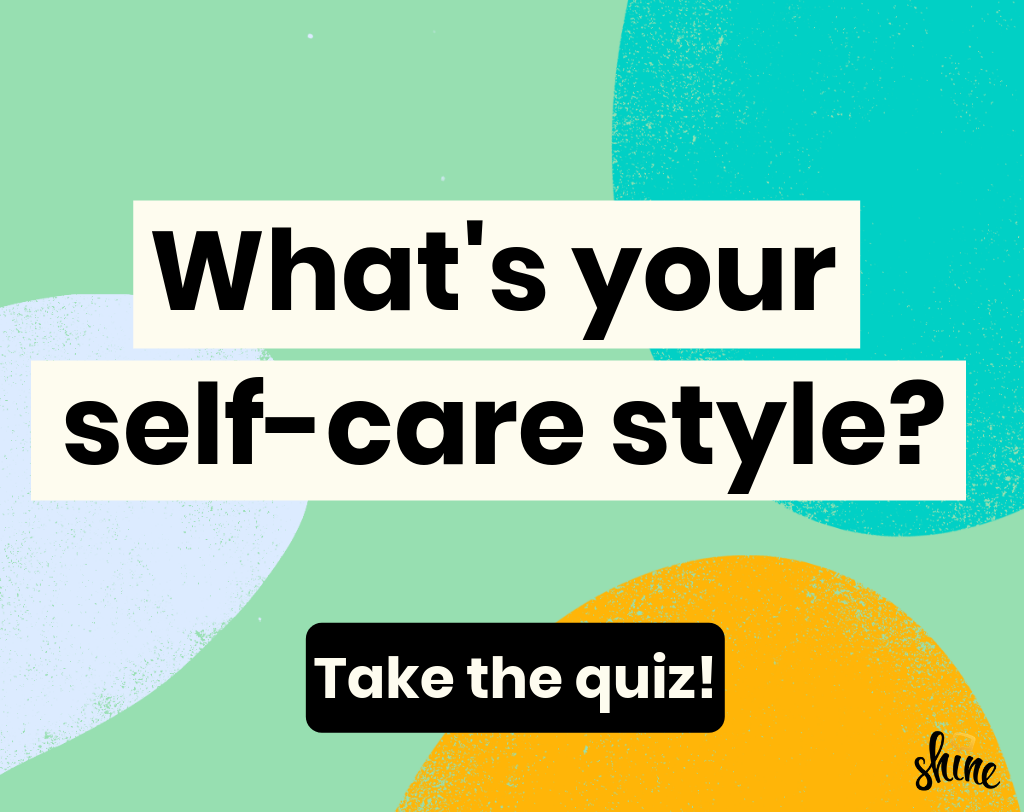How to See Stress and Anxiety as Your Superpowers
July 23, 2019
I often struggle with opening up to friends about my anxiety. But a few years back, I realized that in order to better cope with it, I had to be more transparent and let them in.
One of my close girlfriends and I were taking a walk through the park when I gave her a detailed account of how my anxiety makes me feel, how it affects my perceptions, and how I try to manage it on a day-to-day basis.
I’d pretty much forgotten about the conversation until a few weeks later when, out of the blue, I got an e-mail from her with the subject line: “This Is Definitely True About Your Personality-Go Superwoman!”
When I opened the email up, she simply left a link to an article entitled, “People With Anxiety Disorders Are Hiding These 5 Superpowers.” At that moment, I felt seen and loved.
Those of us with stress and anxiety can often feel powerless. It’s as though our emotions and feelings are consistently getting the best of us. But what if we took a moment to look at the benefits of our empathic capabilities? Did you know that there are actually research-backed strengths that come with being anxious or stressed?
Here are a few scientific ways in which your stress can actually benefit your mind and body—use these insights to reframe your stress next time it creeps in:
It can help motivate you.
There is a specific type of stress known as Eustress, which is what psychologists refer to as short-term stress that energizes and motivates you as you take on a new task or situation.
It's the kind of stress that feels exciting and pushes you to step outside of your comfort zone in a positive way.
Eustress is the kind of stress that feels exciting and pushes you to step outside of your comfort zone in a positive way.
For example: The first day at a new job, riding a rollercoaster, picking up a unique hobby, or traveling to another country for the first time.
When faced with these short-term, yet eye-opening challenges you’ll feel a degree of stress, but it’s the kind that’ll motivate you to make the most out of that particular situation.
It can make you smarter.
A 2012 research study uncovered the positive correlation between anxiety and intelligence. It tracked the IQ of 26 adults with generalized anxiety disorder (a small group, so take it with a grain of salt), and 18 adults without. Following tests and studies, the researchers found that those who had high or even low levels of anxiety exhibited higher IQs than those without.
One possible reason why: According to Health.com, mild stressors can actually help our brains build stronger connections, thanks to a brain chemical called neurotrophins. All those "what if" scenarios? That's your brain at work, building new connections.
It can save your life.
It’s no secret that those who feel more stress and anxiety are generally on high alert.
According to a study published in the European Journal of Psychology, those of us with high levels of anxiety were quicker to detect danger and respond to it.
You know that feeling you get when you may be walking alone or in a situation that feels a little iffy, but you just can’t put your finger on it? Yeah, that connection to your surroundings is a good thing.
It makes you a better friend.
Unfortunately, empathy isn’t something a lot of people lean into—but those of us who are more prone to anxiety and stress are much more in tune with our emotions. What that means: It makes us better at reading the emotions and feelings of those around us.
Studies show that people with anxiety have a heightened sense of empathy, making them more skilled at conflict resolution, giving advice, or simply being a good shoulder to cry on.
It makes you more resilient.
Finally: Continually confronting stress can help increase your physical and psychological sense of control. It’s what researchers call “stress resilience" or "stress optimization."
A key to stress optimization is viewing an obstacle as a challenge instead of a threat. When something is a threat, the demand placed on you exceeds the resources you have. But when it's a challenge, your resources exceed what you need to cope with the demand. When you can notice a stressor, but trust that you're capable of dealing with it, you can perform better in the face of a challenge.
I used to really dislike feeling stressed and anxious, but because it’s pretty much become a way of life, I’ve developed a greater ability to bounce back and accept when I'm feeling that way. It’s something those of us with anxiety develop overtime—at that resilience is also our superpower, too.
If you’re struggling with your mental health, know that seeking help is a strength—not a weakness. If you or someone you care about needs help, text 741741 to talk with a crisis counselor at Crisis Text Line—it's free, confidential, and available at all hours.
Calling all wellness pros and enthusiasts!: We’re looking for experienced meditation and wellness experts to join our team as audio talent. Sound like you? Learn more and apply here!
Start your self-care program today:

Shine is supported by members like you. When you buy through links on our site, we may earn an affiliate commission. See our affiliate disclosure for more info.


